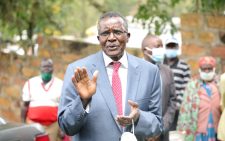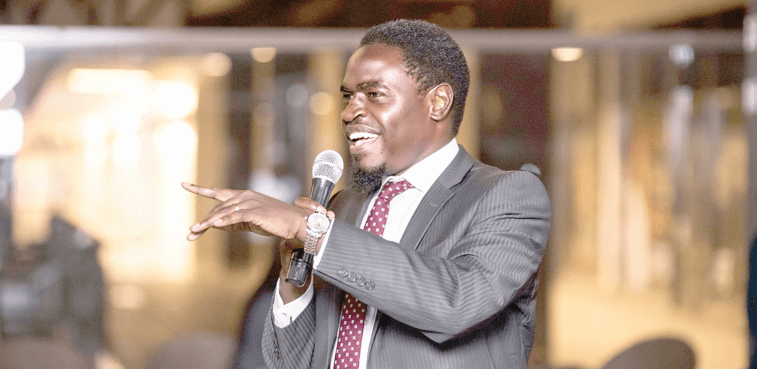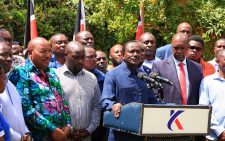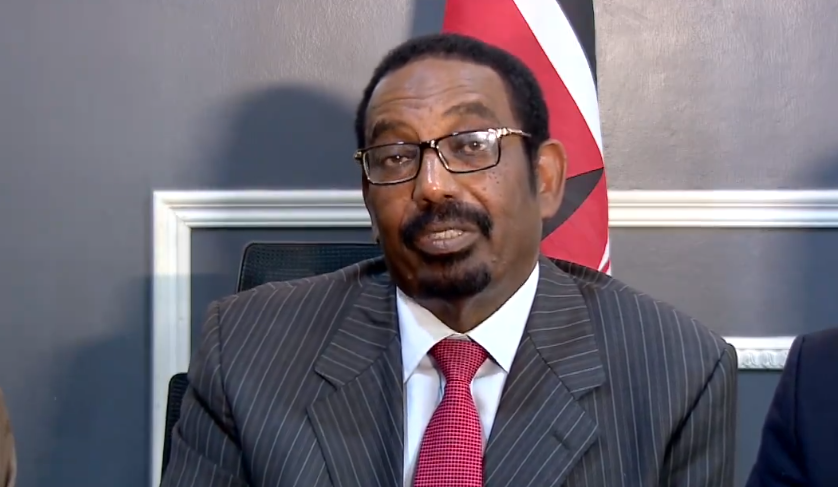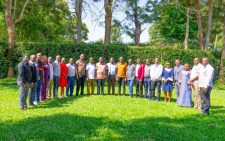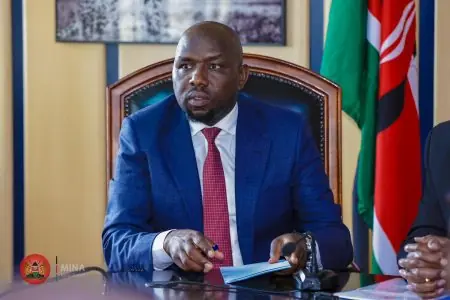Three judges set to hear petition on JSC nominees
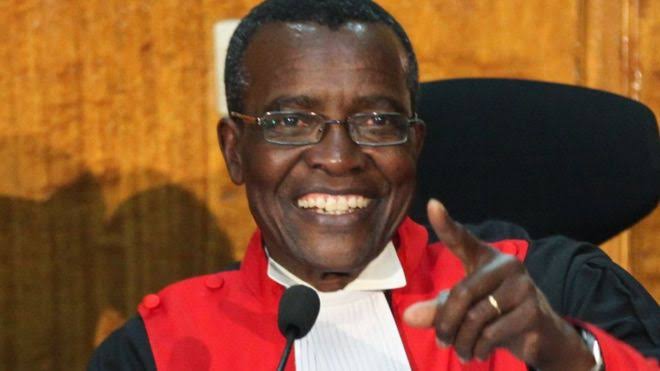
Chief Justice David Maraga has appointed three judges to hear a petition seeking to compel President Uhuru Kenyatta to formalise the appointment of 41 judges.
Justice Maraga appointed Principal Judge of the High Court Lydia Achode as the presiding judge together with justices James Makau and Chacha Mwita.
The CJ directed the case be heard on priority basis and the file be placed before Justice Achode as soon as possible to fix the petition hearing dates.
Nairobi lawyer Adrian Kamotho filed the petition, seeking to compel the President to formalise the appointment of the judges after they were recruited by the Judicial Service Commission (JSC) mid this year.
On November 12, Justice Makau referred the matter to the CJ to constitute a bench to hear and determine the suit, saying it raised serious issues.
Recommended by JSC
Kamotho says people recommended by the JSC on July 22 and August 13 have not been appointed. He cites Article 259 (8) of the Constitution that dictates that the appointment of persons recommended by the commission should proceed without unreasonable delay.
The 41 judges were appointed for the positions in the Court of Appeal, Environment and Land, and Employment and Labour Relations courts.
Kamotho says the vacancies are weighing heavily and negatively on the administration of justice and the appointments ought to be finalised urgently.
“The judges of the superior courts are the official custodians of the law, hence it is necessary that the extremely sensitive process of their appointment be conducted with utmost urgency and in strict adherence to the Constitution,” reads the petition.
In a reply filed in court, Head of Public Service Joseph Kinyua said the President could not approve the list of judges sent to him by the commission, because some judges had integrity issues.
But JSC replied saying any rejection or disapproval of persons recommended for appointment, would negate and subvert the independence of the Judiciary.
According to Chief Registrar of Judiciary Anne Amadi, the President’s role in the appointment and promotion of judges is purely facilitative.
Interference by State
“The constitutional structure and design was intended to insulate the process from interference by an organ of the State and the President’s role is purely facilitative,” she said.
The commission has defended the affected judges, saying they have not been given an opportunity to defend themselves and no specific claims were tabled at the JSC by the National Intelligence Service.
While moving to court, Kamotho faulted the President for causing an inordinate delay yet the Constitution dictates that the appointment of persons recommended by JSC should proceed without unreasonable delay.
He argues that the indefinite delay is offensive to the proper administration of justice as it was in the interest of justice and sound public policy that the delay be resolved at the earliest instance.
The CJ’s move to appoint the three judges comes a day after the Kenya Magistrates and Judges Association urged the President to appoint the nominees.
The association on Tuesday referred to the delay as “an affront of the Constitution that waters down the institutional independence of the Judiciary”.
Through its secretary-general Derrick Kuto, the association said the delay “is affecting ‘Wanjiku’ who is seeking justice in our courts.”
He said about 400,000 cases are being filed every year against a diminishing number of judges and magistrates.
Kuto added that the shortage of judicial officers has resulted in slow determination of cases.

